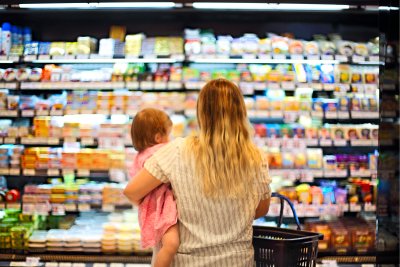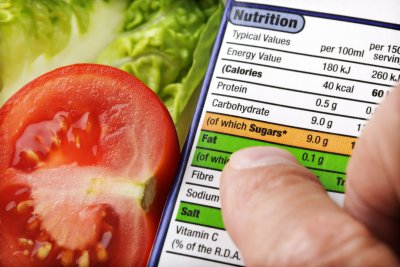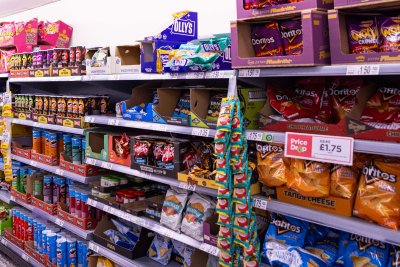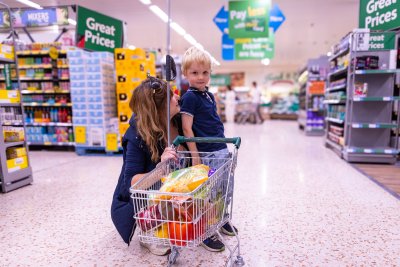 Mother and child shopping supermarket. Credit: David Madden | Recipe for Change
Mother and child shopping supermarket. Credit: David Madden | Recipe for Change
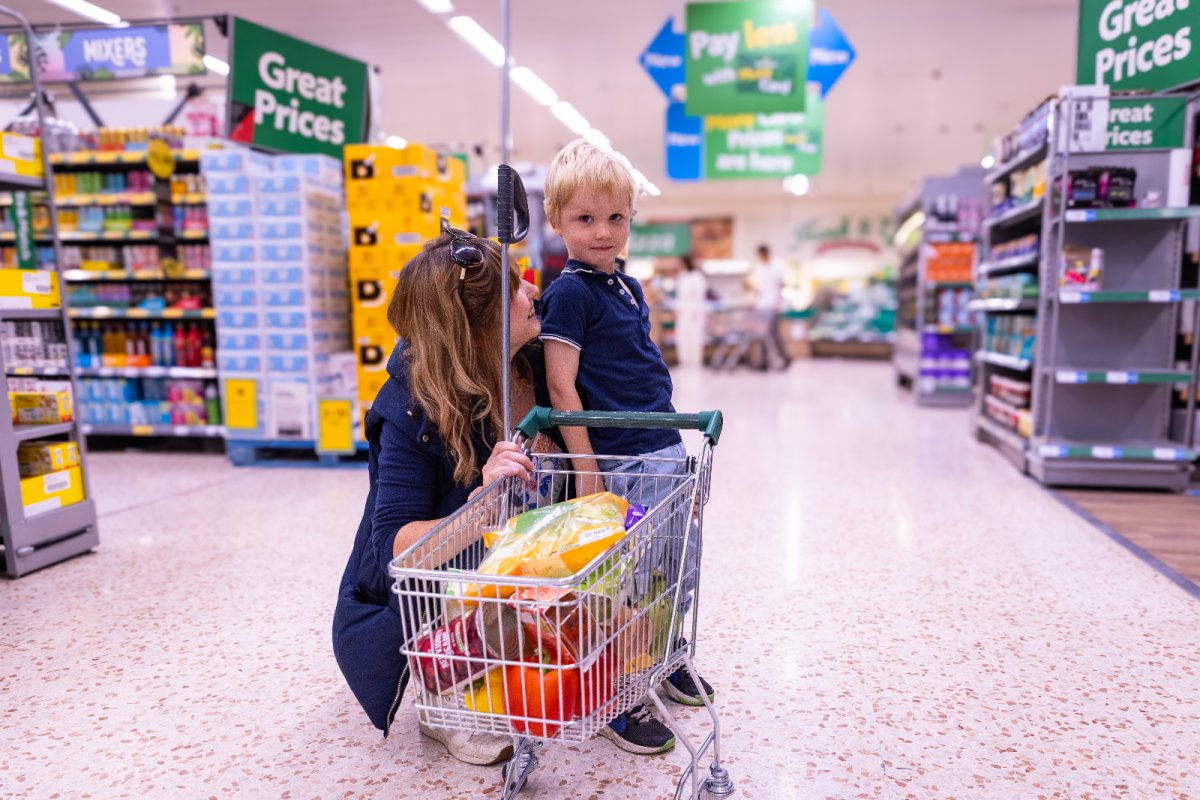
Supermarket junk food restrictions have positive impact, but could go much further
England’s supermarket restrictions on the locations of high fat, sugar and salt foods have cut sales by two million items a day, University of Leeds research shows, as shoppers back the move but researchers urge stronger guidance and enforcement.
Restrictions on the placement of HFSS products in supermarkets, introduced in England in October 2022, have led to a measurable drop in sales. The first independent analysis, carried out by the University of Leeds, found that daily purchases of affected items fell by around two million. Before the rules came in, 20 out of every 100 items sold were in-scope HFSS products. Following legislation this number dropped to 19.
The study analysed transactions from Asda, Morrisons, Sainsbury’s and Tesco, alongside shopper surveys and interviews with retailers and enforcement officers. It also considered the impact across different communities and found reductions in HFSS sales were consistent regardless of local levels of food access, suggesting the effect was broadly equitable.
The research noted that the legislation had prompted considerable reformulation, with many brands changing their recipes to bring products under the HFSS threshold and retain prime shelf space.
While the overall effect was positive, the study highlighted several limitations. The scale of the impact was not consistent across all the retailers, with two showing a much clearer reduction in sales than the third, and a fourth not being able to overcome data preparation challenges to share records. There was also no clear guidance on what should replace HFSS products in key store locations, which meant healthier options were not always given greater prominence. A lack of enforcement was also flagged as a weakness, with compliance uneven across retailers.
Shopper surveys suggested the public was generally supportive of the restrictions. Many respondents believed the measures helped those more likely to make impulse purchases, and a large majority said that improving the visibility and affordability of healthier foods was just as important as curbing the promotion of less healthy products.
The research concludes that the HFSS restrictions are already making a difference but that clearer direction, stronger enforcement and parallel efforts to promote healthy choices will be essential to maximise their impact.
Kate Howard, Children's Food Campaign Coordinator says:
This study shows that moving junk food out of the spotlight works. But this is also a missed opportunity to make a much bigger difference; we need to make sure the rules are properly enforced and that healthier options are always front and centre for shoppers.
Children's Food Campaign: Campaigning for policy changes so that all children can easily eat sustainable and healthy food.
Sustain
The Green House
244-254 Cambridge Heath Road
London E2 9DA
020 3559 6777
sustain@sustainweb.org
Sustain advocates food and agriculture policies and practices that enhance the health and welfare of people and animals, improve the working and living environment, promote equity and enrich society and culture.
© Sustain 2026
Registered charity (no. 1018643)
Data privacy & cookies
Icons by Icons8
